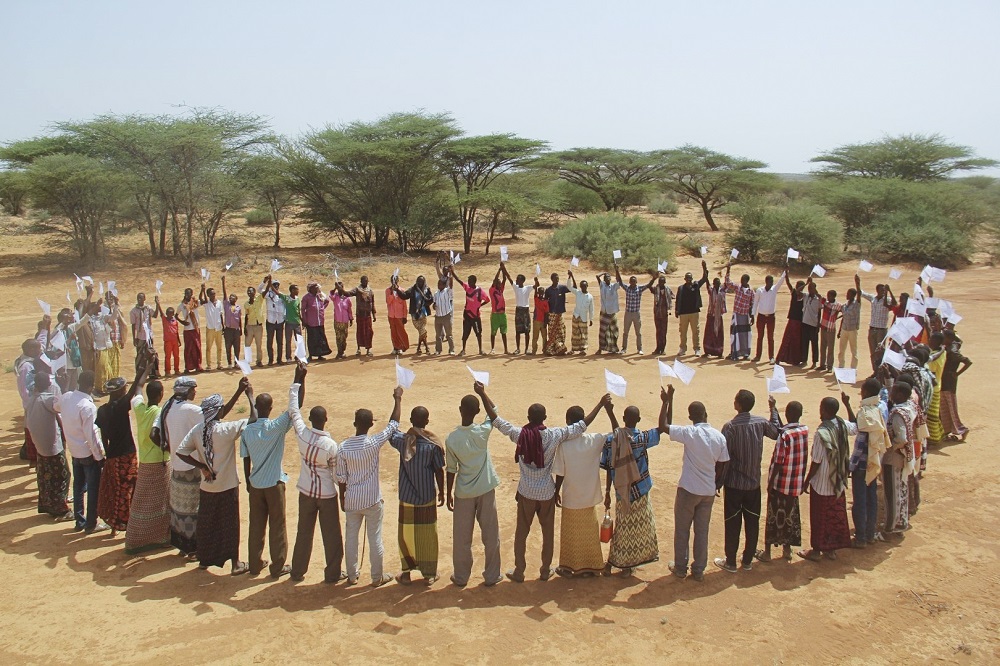Something feels different this year

On this International Women’s Day, I must admit to be experiencing mixed emotions.
I continue to feel great frustration that gender equality, much like Human Rights, is an agenda under siege, with hard-fought gains being eroded by the behaviour or apathy of leaders around the world. At the same time, I feel renewed hope and excitement. There is a fresh energy and demand for change stirring from below, and the momentum is building.
The viral #MeToo and #TimesUp movements against sexual exploitation have, unlike other social campaigns, leapt across sectors from Hollywood, to industry, to the international aid community and beyond.
We are living in a time of change that I hope will be hard to reverse.
Unfortunately, we are not seeing the same progress, with some notable exceptions, in countries experiencing violence and conflict. The more fragmented and conflict-prone the society, the more people and groups are retreating into traditional social and political patterns, relegating women and girls to stereotypical roles.
Interpeace’s work around the world has shown that exclusion is at the heart of most conflicts. By a large margin, the most excluded groups are youth and women. But while young men literally outgrow their exclusion, girls do not.
To understand why gender equality remains so elusive in conflict-affected societies, we have to work with women and girls, and not simply focus on their plight.
Recent research we have conducted with women in the West African country of Guinea-Bissau demonstrates the scale and weight of traditional social constructs, where women - often times even more than men - shun a greater role in decision-making and governance. A career in politics would, to many women, undermine more traditional “trajectories of success” in their communities.
How to help such communities stimulate a demand for change, without undermining the very traditions and culture that bind society together, is a major challenge. It is also at the core of building more peaceful and inclusive societies.
We cannot claim a society to be peaceful if half its citizens are excluded. According to the World Economic Forum, at our current glacial pace, we should achieve global gender equality in 2234. That is, of course, completely unacceptable.
So, we must redouble our efforts for inclusion, especially of girls and women. Doing so will require working with them to carve out strategies of participation that do not undermine their own goals.
We know that our political institutions rarely lead change. Instead, they tend to react and adapt to the changing values in society and the pressures that people can apply on their leaders.
Social norms on gender need to change if we want to build a more peaceful world.
We may still be in the early days of these bottom-up movements for gender equality, but people, more than governments, are driving that change. They deserve our support.
Something feels different this year, and it should give us hope.
Scott M. Weber
Director-General of Interpeace and
International Gender Champion
